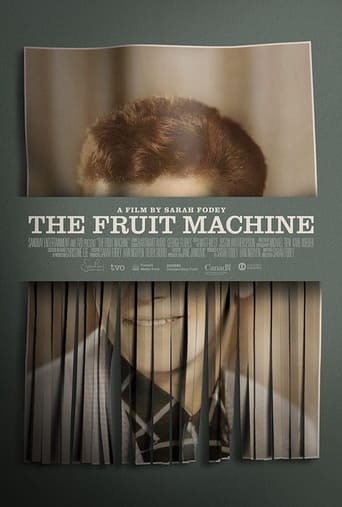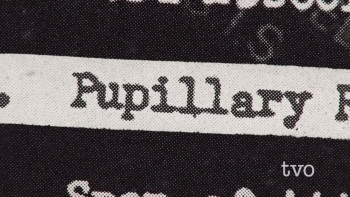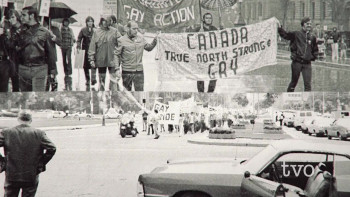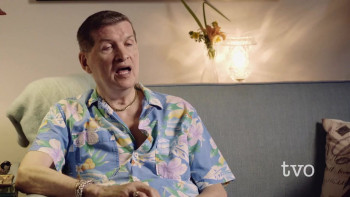Synopsis
Through interviews with academics, historians, journalists and victims, some of the stories behind the Canadian government's purge of homosexuals from the civil service from the late 1940s to the end of the century are presented, the effect not only being a purge, but also a persecution in the victims asked to provide "names" in the process. That purge was despite many of those victims having exemplary service records otherwise, and the authorities largely not having any proof that who they were letting go was indeed a homosexual. The misguided rationale for the purge - what many of those historians view as a convenient excuse of the times - is told, where homosexuality was largely not an issue in the hiring or firing within the civil service before that. Two sub-issues are discussed in further detail. The first is the development of a program centered on what was coined "the fruit machine", a machine that could purportedly determine if one was indeed a homosexual, in the government's want for "scientific proof". The second is the ramping up of that purge in the Canadian military, especially within the female ranks, starting in the early 1970s following the decriminalization of homosexuality. As an epilogue, many of the victim interviewees discuss what they would like to see happen in light of their victimization, and what they would do now if they had the option of that career again. In addition, what happened to those victim interviewees both professionally and personally following their "firing" is shown.






